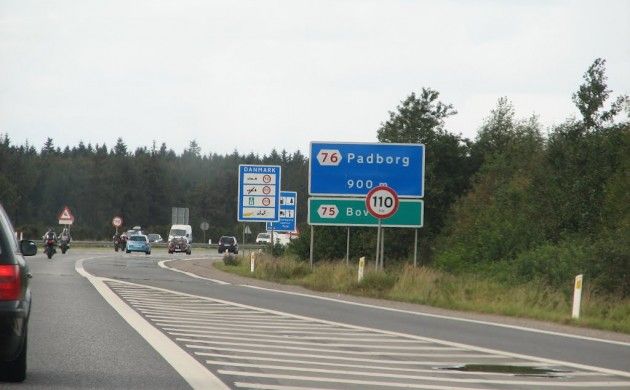It is the story that won’t go away. For nearly a week now, a day hasn’t gone by without another spin on how the Danish police continue to use enormous resources guarding the country’s border with Germany, despite the recent fall in asylum applications.
READ MORE: Police union voices concern as violent crime increases
In recent months, only a few illegal migrants have been sent back, according to Rigspolitiet, the national police body, and today it was the turn of Politiken and Jylland-Posten to wheel out more ‘grim-reading’ stats.
Between 7 September 2015 and 31 August 2016, the Danish police spent 638,779 hours, including transport time, on border checks, which corresponds to 450 officers working full time and about 5 percent of the total police force.
East Jutland Police have spent the most hours (74,414) on the border patrols, with South Jutland Police coming in second with 73,036 hours.
Officers from Copenhagen Police have been excluded from the task as their focus has been on guarding Jewish institutions in the capital in the wake of the terror attack in February 2015.
READ MORE: Number of asylum seekers coming to Denmark significantly in decline
Refugee camps closing down
In spite of the criticism of their inefficiency, the temporary border controls will remain in place until November, when Parliament will review the issue again.
“The border controls have had a major preventative effect and helped to restore public order. Therefore, they must continue,” the immigration minister, Inger Støjberg, told Politiken.
In the past week, only 50 people have applied for asylum in Denmark, which takes the total figure for 2016 up to 5,090, according to the Immigration Ministry.
Last year, the government estimated that up to 25,000 asylum-seekers would come to Denmark in 2016, but the number has since been adjusted to 7,500.
As a consequence, the Danish Immigration Service has closed down several refugee camps, including those in Herning and Thisted, because they have been sitting nearly empty for months.
The same applies to many municipal houses, which were reserved for refugees who never arrived.














